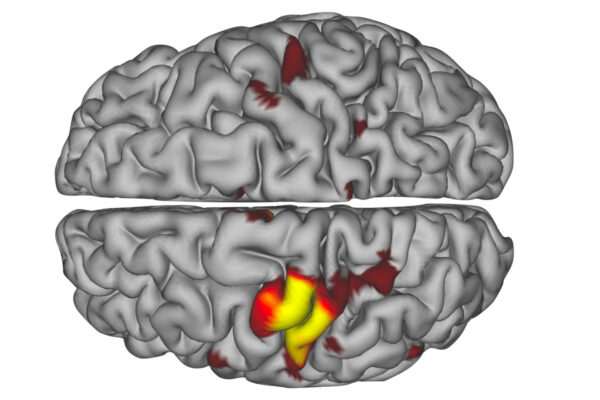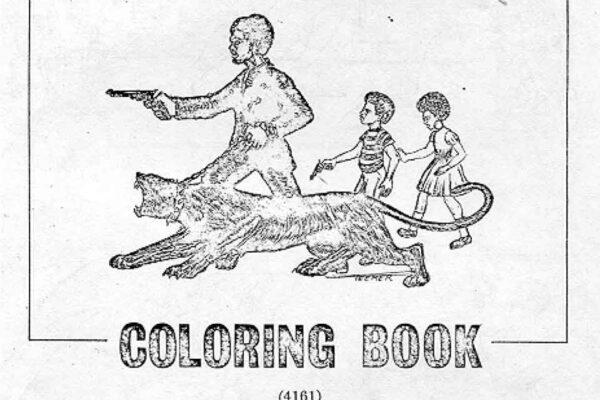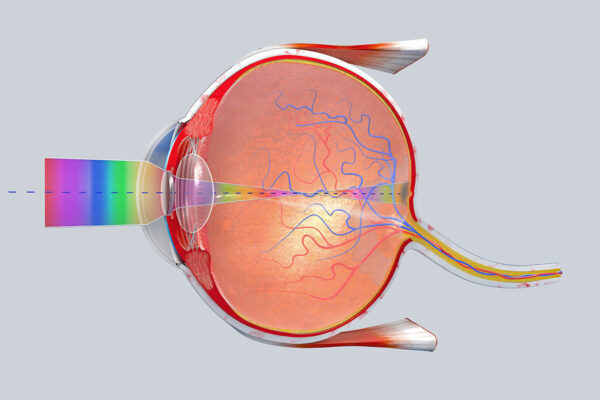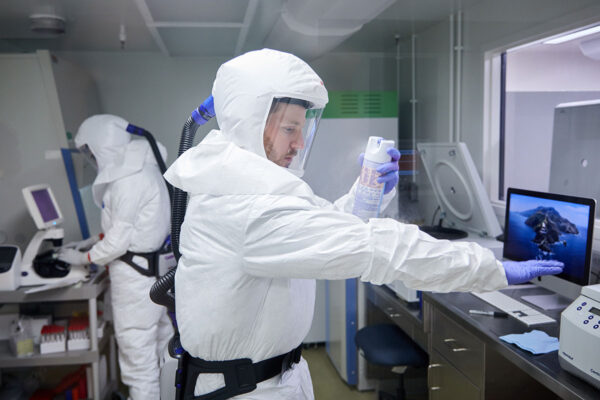Previously undetected brain pulses may help circuits survive disuse, injury
A neuroscientist’s arm cast led him and fellow School of Medicine researchers to find previously undetected neuronal pulses in the human brain that activate after an immobilizing illness or injury. The pulses appeared on MRI scans used to measure brain activity.
When the conspiracy is real
Umbrella Man. Outside agitators. Agents provocateur. As protests sparked by the killing of George Floyd continue, conspiracy theories and “false flag” charges have flown fast and furious. But sometimes the conspiracy is real. In “F.B. Eyes: How J. Edgar Hoover’s Ghostreaders Framed African American Literature” (2015), William J. Maxwell, professor of English in Arts & Sciences at Washington University in St. Louis, details a decades-long harassment campaign waged against prominent African American writers and activists.
Learning Lodge provides free virtual tutoring
The school year has ended, but Learning Lodge, a free online tutoring service founded by Washington University in St. Louis students, continues to help local elementary and middle school students practice math, social studies, even the bassoon.
Electrically charged dust storms drive Martian chlorine cycle
New research from Washington University in St. Louis planetary scientists shows that Martian dust storms, like the one that eventually shut down the Opportunity rover, drive the cycle of chlorine from surface to atmosphere and may shed light on the potential for finding life on Mars.
Scientists map how human retinal cells relay information to brain
Researchers at Washington University School of Medicine report that specific types of retinal cells that carry the vast majority of visual signals from the human retina to the brain efficiently process and compress that information so it can be transferred. The study may advance our understanding of eye diseases involving the retina.
Cutting-edge computing paves way to future of NMR spectroscopy
New collaborative research from the Department of Chemistry at Washington University in St. Louis, Lawrence Berkeley National Laboratory and the Department of Materials Science and Engineering at the University of California, Berkeley, leveraged quantum chemistry approaches to develop additional data infrastructure for an isotope of silicon, 29Si.
Patients with COVID-19 donate specimens to advance research efforts
School of Medicine physicians led efforts to create a repository for storing and managing specimens collected from patients with COVID-19. The samples are being distributed to investigators conducting COVID-19 research across the university.
An ion channel senses cell swelling and helps cells to choose a response
New research from Washington University in St. Louis offers clues about how mechanosensitive ion channels in the plant’s cells respond to swelling by inducing cell death — potentially to protect the rest of the plant.
Washington University statement on presidential proclamation on Chinese students and scholars
We are deeply concerned by any action of the United States government to prevent entire segments of the academic community from traveling into the country as students, teachers, researchers and scholars. The recent presidential proclamation directed at some Chinese scholars is only the most recent example of steps this administration has taken to make it more difficult for people to come here for purposes of education and research.
COVID-19 mouse model will speed search for drugs, vaccines
Scientists at the Washington University School of Medicine have developed a mouse model of COVID-19 that is expected to speed up the search for drugs and vaccines for the potentially deadly disease.
View More Stories









